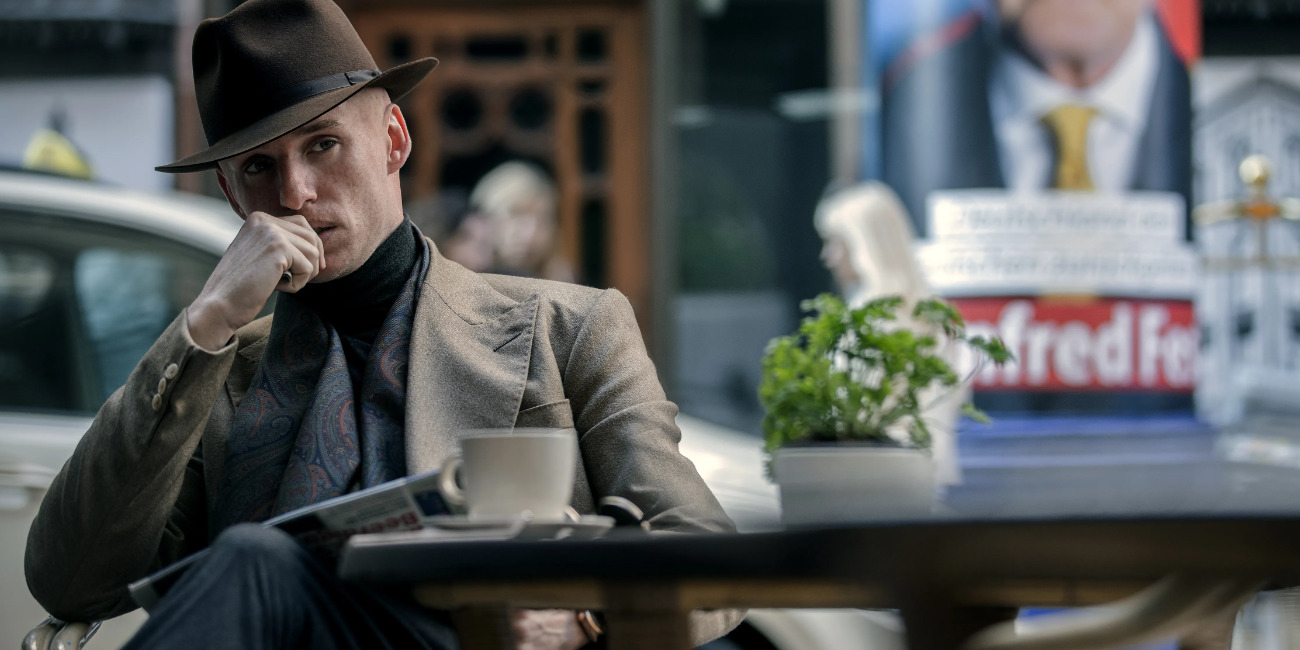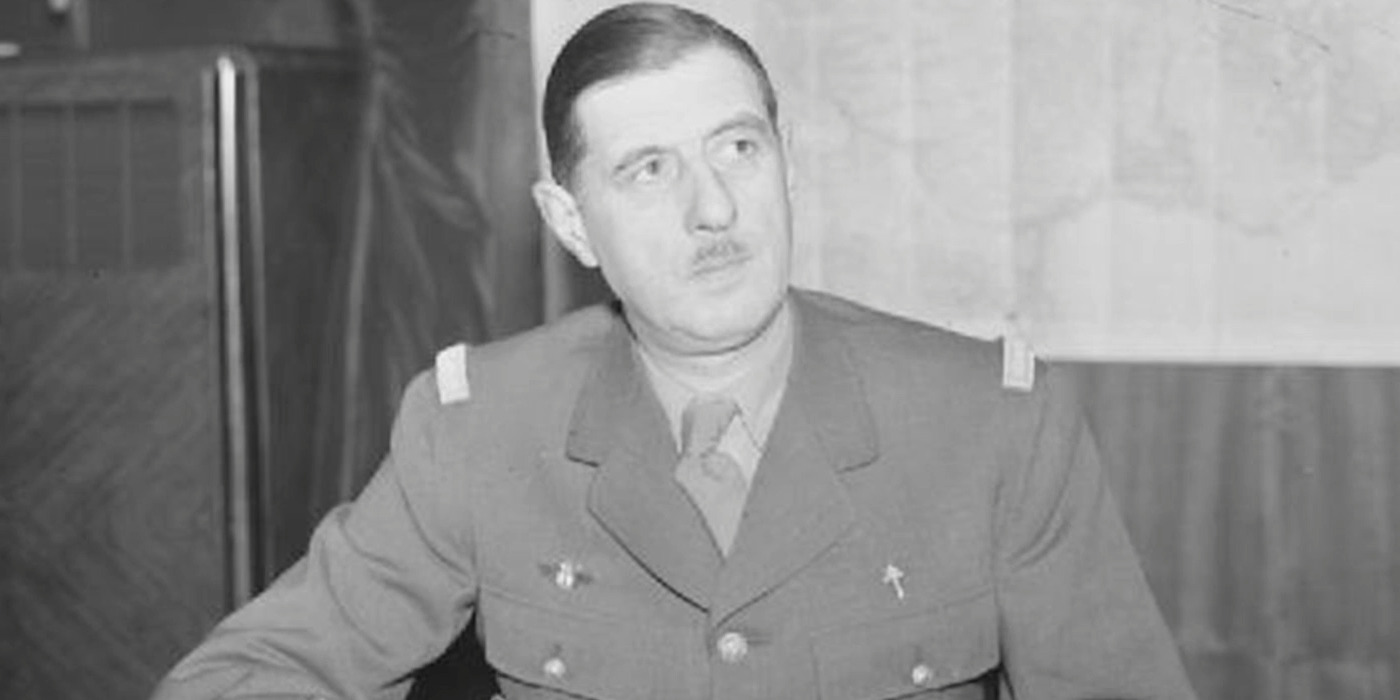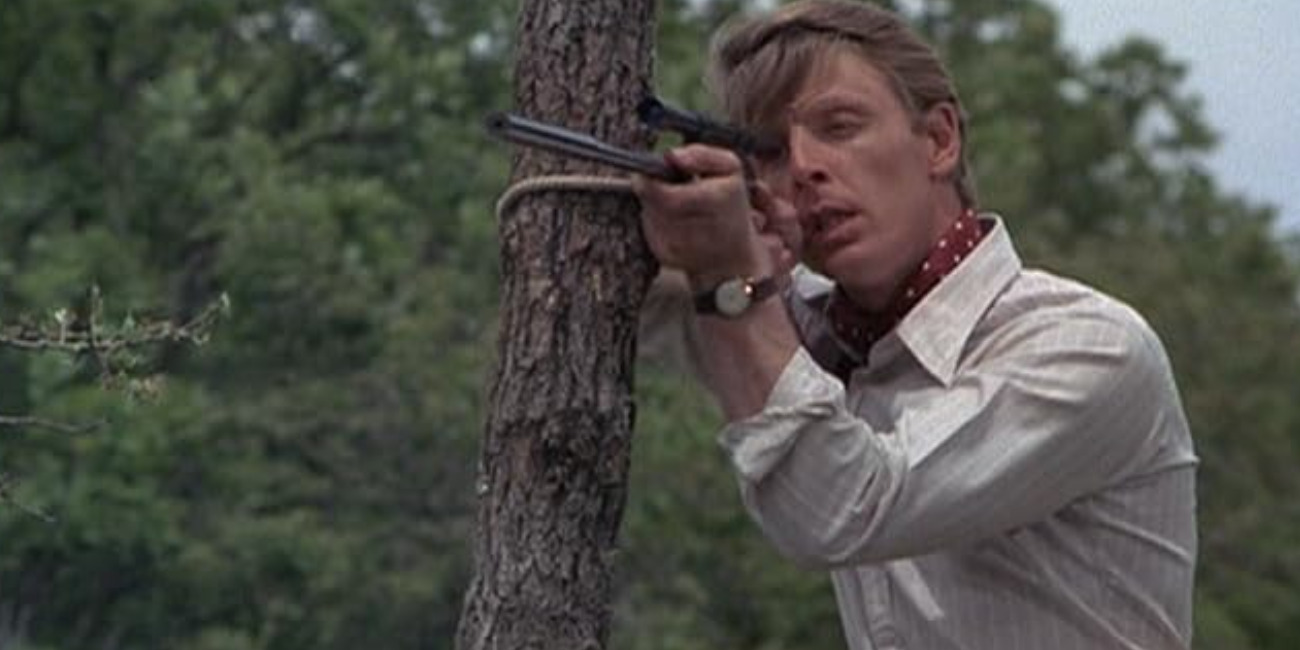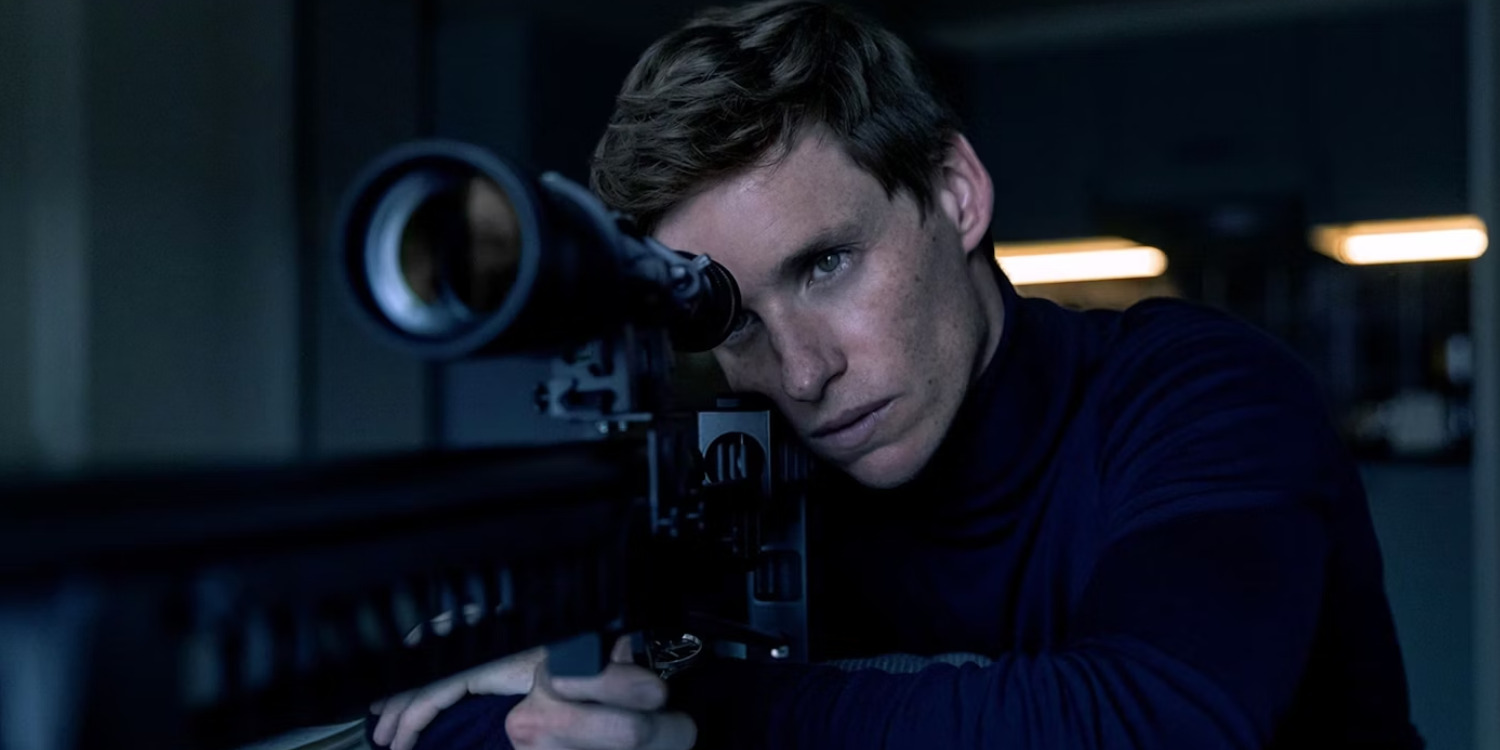‘The Day of the Jackal’ is an invigorating spy thriller show that centers around a compelling cat-and-mouse chase between an exceptional assassin and the MI6 Officer on his tail. Known only by his codename, The Jackal is a deadly killer who is amenable to a variety of termination operations as long as the contractor pays his lucrative fee. However, his last successful mission, the assassination of a German politician, puts him on the British Intelligence’s radar for all the wrong reasons.
Therefore, as Bianca Pullman, a dedicated officer and a gun enthusiast, is put on the case, it instigates a hunt across Europe between her and the highly sought-after criminal. Brought to life by Creator Ronan Bennett, this show presents an ideal spy story for the modern world, ripe with moral ambiguity, espionage, and high-stakes adventures. Simultaneously, an undercurrent of political thrill moves throughout the narrative, imbuing The Jackal and Bianca’s tale with an abundant sense of realism.
The Day of the Jackal is Based on Frederick Forsyth’s Novel
‘The Day of the Jackal’ origins are generous and engrossing as the central assassin’s story remains a notable addition to the culture around spy stories. The show is an adaptation of Frederick Forsyth’s eponymous novel, first published in 1971 as a work of historical crime fiction. Even though much of the book’s events and central characters are fictitiously penned by Forsyth, the author farmed enough inspiration from a real-life event to inevitably tie the novel to a true story. The novel revolves around the titular character, The Jackal, a mysterious assassin who is on a mission to terminate his latest target: Charles de Gaulle, the President of France.

Charles de Gaulle was France’s actual president, who served as the head of the Provisional Government of the French Republic from 1944 to 1946 before helming the office in his presidency from 1959 to 1969. However, in 1962, he became a target of a real-life far-right French terrorist organization, OAS (Organisation Armée Secrète), due to his initiatives toward Algeria’s Independence from France’s rule. Consequently, the OAS made multiple attempts on de Gaulle’s life, including one on August 22, 1962, with Jean Bastien-Thiry as the hired assassin. In Forsyth’s book, the author records a realistic depiction of this assassination attempt.

As such, Forsyth’s ‘The Day of the Jackal’ is closely tied to reality as it presents an actual historical event before attaching a fictionalized tale about it as the central narrative. Even so, the novel’s authenticity doesn’t stop there. The author’s research—either intentionally or naturally acquired through his extensive experience as a journalist and a Royal Air Force pilot—was vast. In fact, his description of falsifying identification was so realistic that it coined the “Day of the Jackal Fraud” scam that still persists in illegal circles. Thus, even though Forsyth’s novel—and, by association, Ronan Bennett’s show—is largely fictitious, it sports a notable connection to reality.
The Day of the Jackal Modernizes Forsyth’s Story and Its Ensuing Film Adaptation
Given the notoriety of Frederick Forsyth’s ‘The Day of the Jackal,’ it’s inevitable that Ronan Bennett’s adaptation of the story isn’t the first one to hit the screens. The book has inspired multiple pieces of work. Yet, the most notable and faithful adaptation remains the 1973 film of the same name, directed by Fred Zinnemann. Bennett and his team of screenwriters, including Charles Cumming, Shyam Popat, and Jessica Sinyard, utilized these source materials as the base for the show. Still, they simultaneously drifted from the canonical path to adapt The Jackal and his story for the modern audience.

Executive Producers Gareth Neame and Nigel Marchant were particularly conscious of building upon the source material while also bringing something new to the conversation. This translated into a more expansive dive into The Jackal as a character depicted in both the novel and the film. Likewise, another significant change arrived in how the show tackles the prevalent political themes within the story. As a result, Bennett’s ‘The Day of the Jackal’ swaps out the real-life-inspired attempted assassination of Charles de Gaulle for the fictionalized attacks on various politicians and influential individuals, such as businessman Ulle Dag Charles.
Consequently, the show retains the core elements within Forsyth’s novel and Zinnemann’s film—an Englishman assassin and a pursuer on his tail. However, it modernizes the world around these elements to reflect a more relevant and relatable socio-political landscape. In doing so, it retains a connection with ‘The Day of the Jackal,’ ensuring that it remains faithful to the culturally iconic story through a modern lens. Even though this takes away the original true-story origins of The Jackal’s central mission, the show still holds onto a heightened approach to realism.
The Jackal: A Fictional Assassin Who Maintains a Sense of Realism
Even though Frederick Forsyth was inspired by a true story for the creation of his novel, ‘The Day of The Jackal,’ the tale’s protagonist did not share the same origin story. As such, The Jackal remains a fictitious character born from the imagination of Forsyth and adapted for the show by Ronan Bennett and his creative team. In real life, there aren’t any specific assassins from history who inspired The Jackal’s character. However, on the flip side, a few real-life instances of assassinations have taken place since the book’s release that can be loosely connected to The Jackal and his adventures.

The most famous example of this is Ilich Ramírez Sánchez, AKA Carlos the Jackal, a Venezuelan assassin who was active from 1973 to 1985. Alongside assassinations, Carlos was also responsible for a number of terrorist bombings. As the story goes, in 1975, an article written for The Guardian gave Carlos the nickname “The Jackal” due to alleged assumptions that the assassin read Forsyth’s novel — a claim that remains debatable. Similarly, Vladimir Arutyunian, who attempted the assassination of George W. Bush and Mikheil Saakashvili, is also often associated with the fictional Jackal.
In Arutyunian’s case, the idea of his investment in Forsyth remains more concrete since ‘The Day of the Jackal’ novel turned up in his apartment during an official search. Consequently, The Jackal evidently assumes a memorable spot in the hall of fame of fictional assassins. In Bennett’s adaptation of ‘The Day of the Jackal,’ the narrative expands upon the assassin’s backstory, granting him a complicated family life that builds further intrigue around his storyline. Nonetheless, the original Jackal — penned by Forsyth and adapted in Fred Zinnemann’s film — is the only source of inspiration for Eddie Redmayne’s version of the character.


You must be logged in to post a comment.